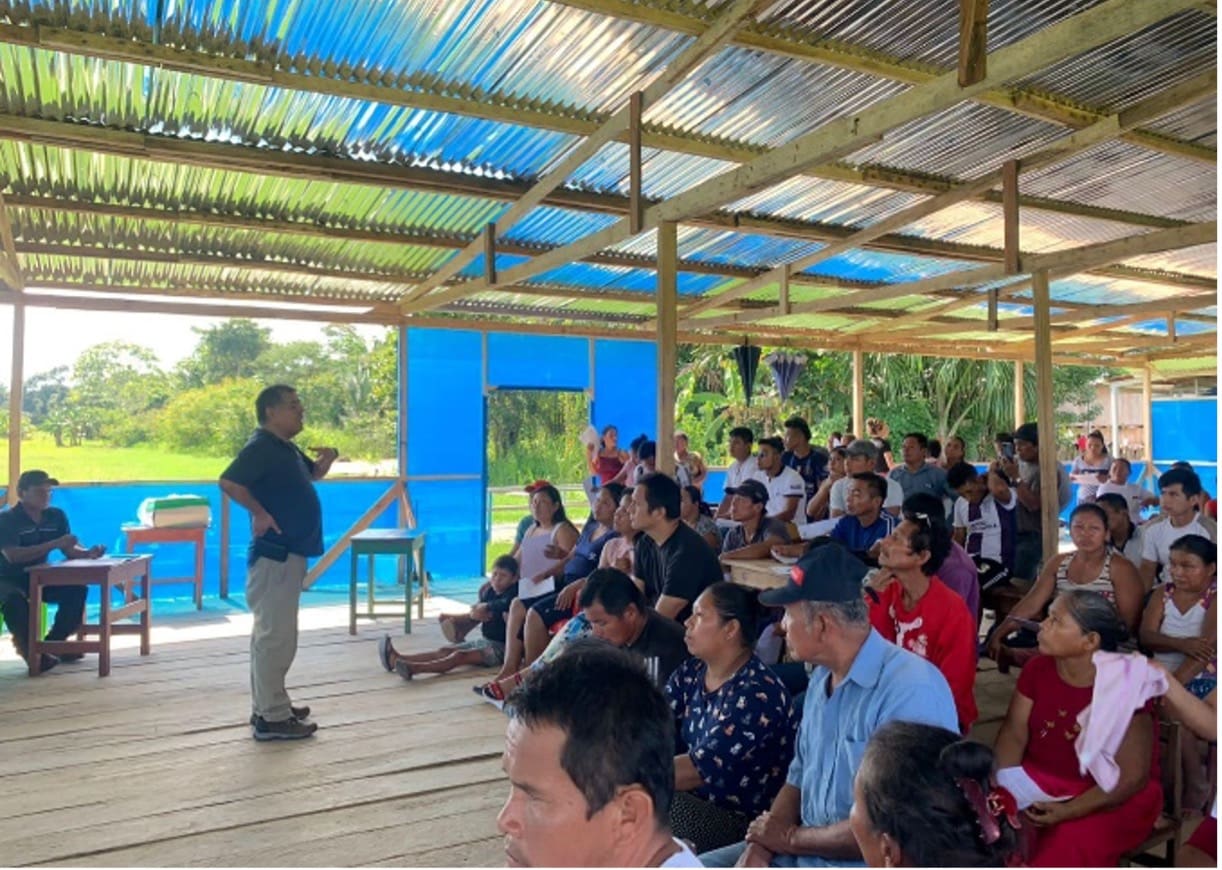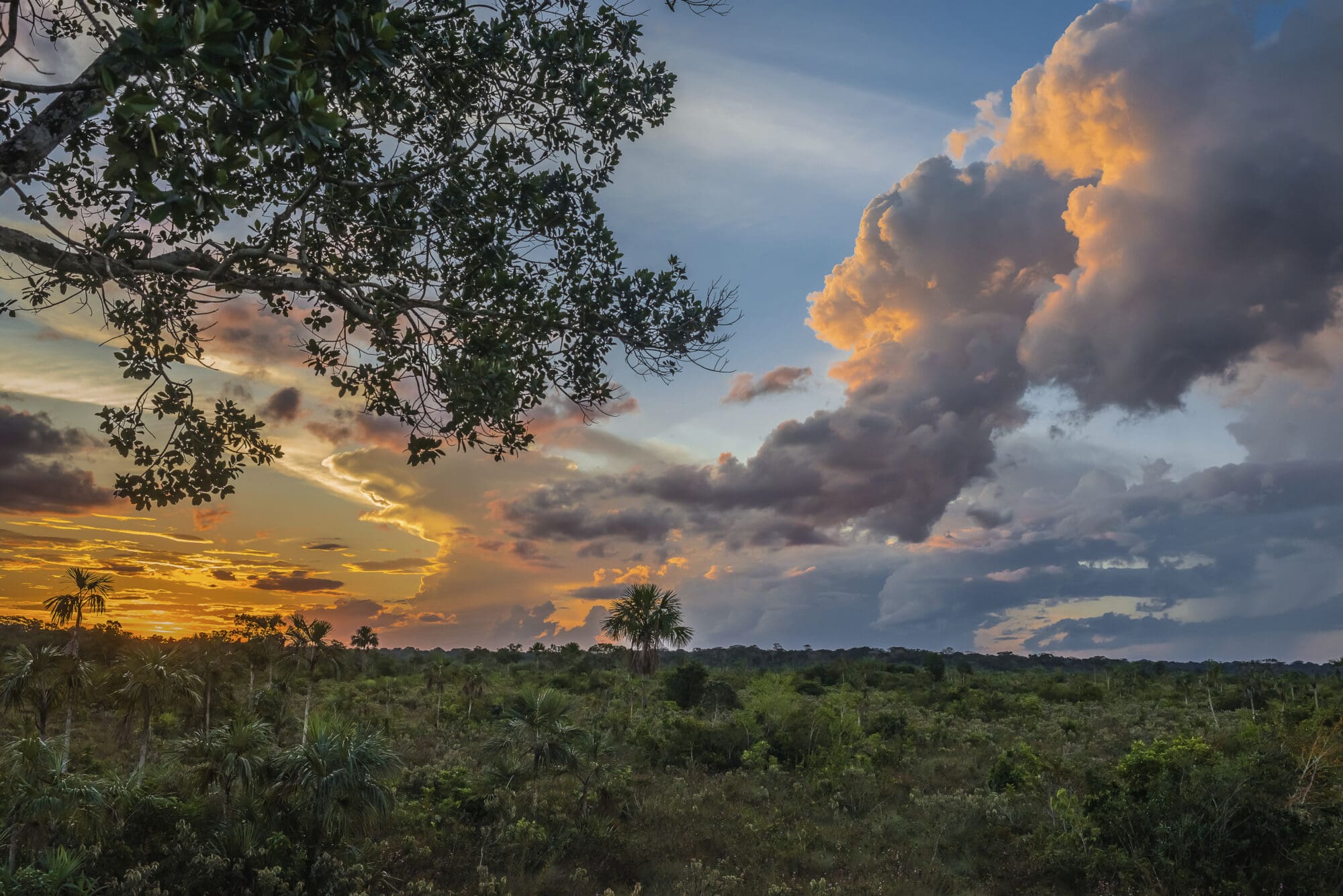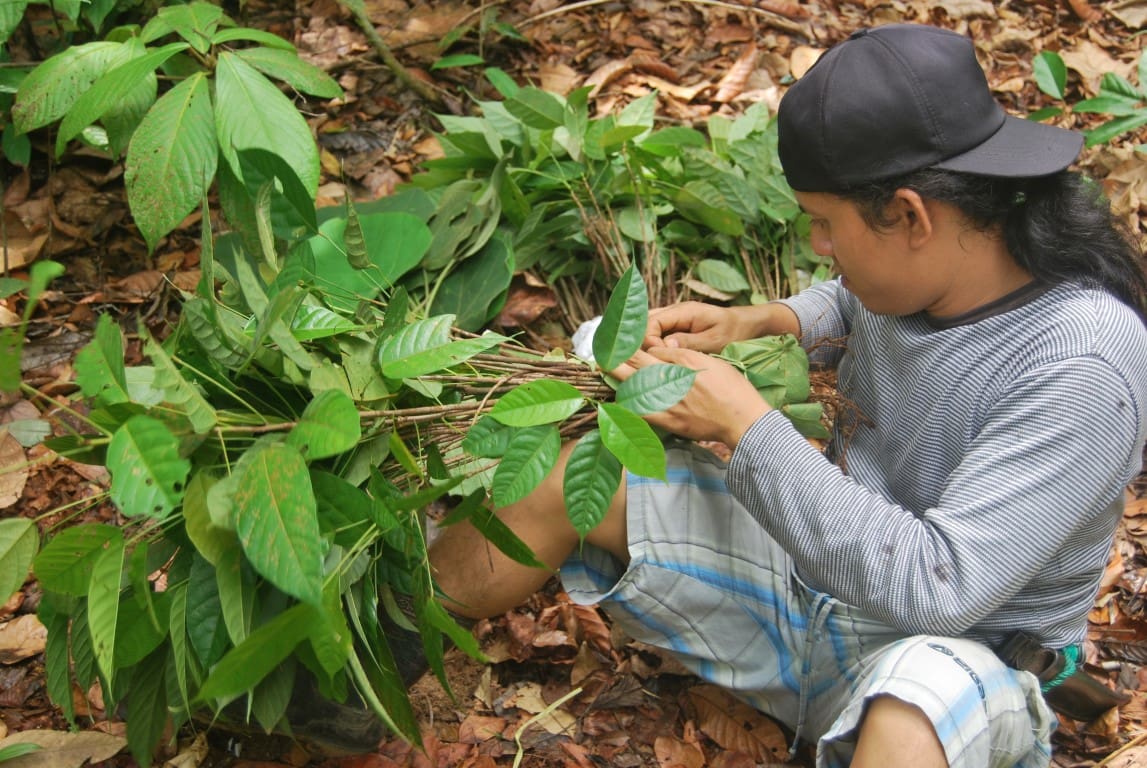Strategic Response Mechanism
Addressing unforeseen threats and opportunities with the Strategic Response Mechanism
Unforeseen threats to Indigenous and community land rights often require rapid action to be countered effectively. Critical windows of opportunity to secure rights can appear quickly–and if not seized, can easily be lost.
The Strategic Response Mechanism (SRM) is a financial mechanism designed by RRI to enable timely, flexible responses to these unforeseen opportunities and threats. It complements our annual planning process by allowing for rapid funding for unexpected and time-limited opportunities. Up to US$100,000 can be dispersed to grantees, allowing them to effectively shift political landscapes in their constituencies.
The SRM can be used to influence important legislation on land and resource rights, such as supporting civil society advocacy for the passage of groundbreaking land rights legislation in the Democratic Republic of the Congo. It has also been used to effectively empower and protect local communities throughout the COVID-19 pandemic in Liberia and support the implementation of Colombia’s Peace Accord after years of civil war. The mechanism has also helped maximize opportunities to influence the private sector to respect local communities’ rights to their lands and resources.
Learn about the impact of projects supported by the SRM here.
Selection Criteria
SRM proposals are evaluated and approved by RRI through a simple, expedited process. In order for a project to qualify, it must meet five criteria:
- Capitalizes on a political window of opportunity, which is typically lost if not leveraged quickly
- Supports a critical moment in a social mobilization process
- Innovates, exploits higher risk opportunities, and has potential to accelerate impact or develop RRI partnerships
- Is a new or newly-expanded activity
- Has outcomes dependent on incremental funding and connectivity at the right moment
For information on submitting a proposal for SRM funding, contact Sandra Leon.
Highlights from SRM-funded projects:

May 2022
Peru—Mobilizing Communities Affected by Oil Spill to Demand Compliance with Court Rulings
This project has provided much-needed funding to the Legal Defense Institute (IDL) of Peru to support communities affected by the 2014 Norperuano pipeline oil spill. IDL is still working to ensure reparations for damages and health care ordered by the judicial court ruling actually reach the affected communities in Loreto, Peru. Read more.

November 2021
Kenya—Redressing Historical Land Injustices
This project has provided timely and urgent support to Kenya’s rural and customary communities seeking to file claims with the National Land Commission to redress historical land injustices committed since colonial rule. Read more.

January 2021
Nepal—Policy Advocacy for Community Forestry Tax Reform
This project supported advocacy to safeguard community-led forest governance in Nepal by decreasing multilayered taxation on community forestry. The government’s triple taxation policy adversely affects the success and expansion of the community forestry sector throughout the country. RRI and FECOFUN joined forces to increase community awareness of this taxation policy by conducting workshops, leading multi-stakeholder forums, and crafting messaging tactics directed at policymakers. Read more.

December 2020
Peru—Creating a COVID-19 Health Alert System for Peruvian Indigenous Peoples
RRI worked with the Inter-ethnic Association for the Development of the Peruvian Rainforest (AIDESEP) and Peru’s Center for Planning and Information to collect and report Covid-19 data in Indigenous communities in real time. By compiling and reporting this information, the organizations filled a critical gap left by the Peruvian government due to its divesting from the health systems of Indigenous communities. Read more.

October 2020
Colombia—Restoring Collective Titling for the Barú Community
In 2020, RRI coalition successfully restored the collective titling of the Afro-descendant community in the Barú Island off the coast of Cartagena, Colombia. After the Land Agency ’s abrupt cancellation of its land titling process, the Barú Community Council — alongside RRI, OTEC Javeriana University, the PCN and Dejusticia; and Afro-descendant legal expert Silvio Garces–successfully restarted the titling process through a drawn-out legal battle. Read more.

March 2018
Indonesia—Safeguarding Protected Forests through Forestry Resource Management
This project responded to an immediate and sustained threat to Adat (Indigenous) and local communities’ traditional lands and forests, posed by the expansion of palm oil production in the Bukit Betabuh Forest Reserve in Sumatra. Through forest mapping, harvesting of non-timber forest products and community forest enterprises, the project succeeded in safeguarding the reserve from illegal logging and palm oil plantation expansion. The initiative also empowered other rural communities in the village to replicate the strategy in preserving their natural resources. Read more.
